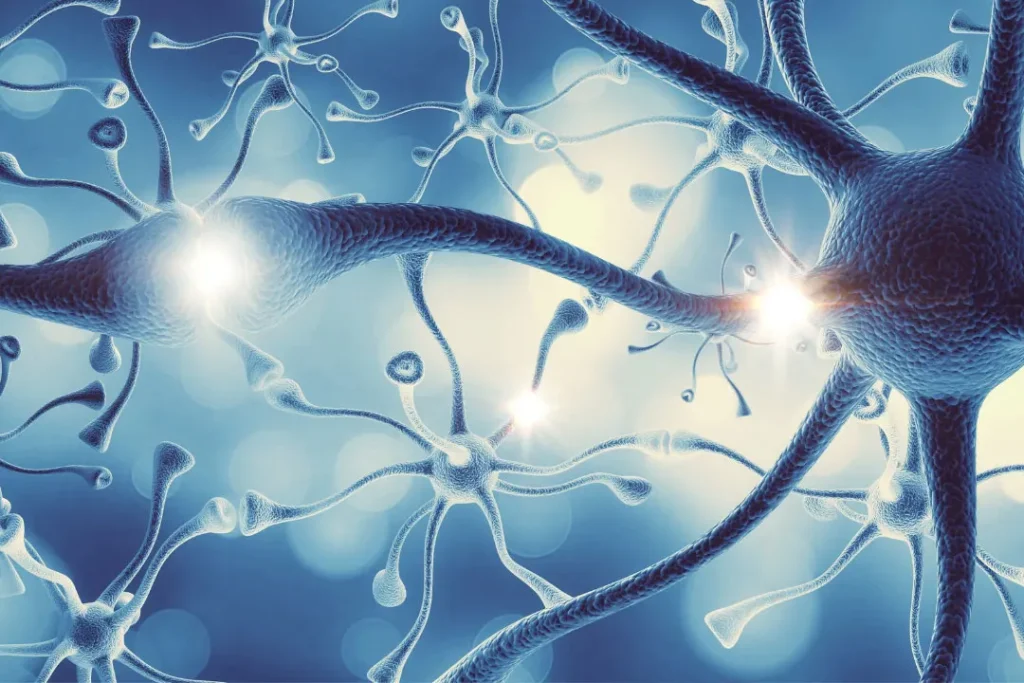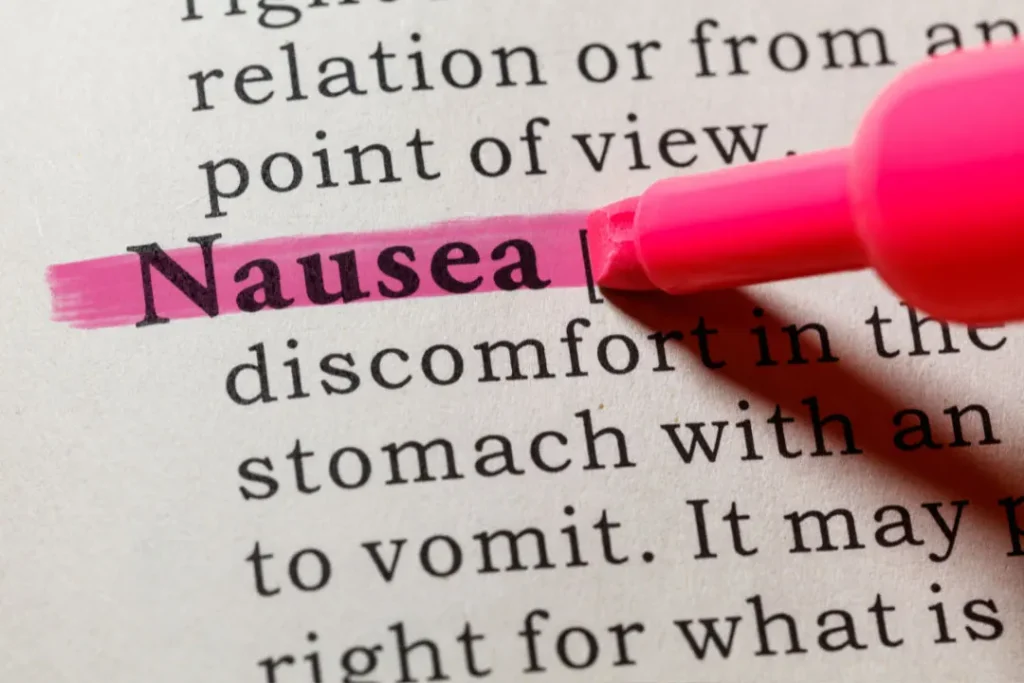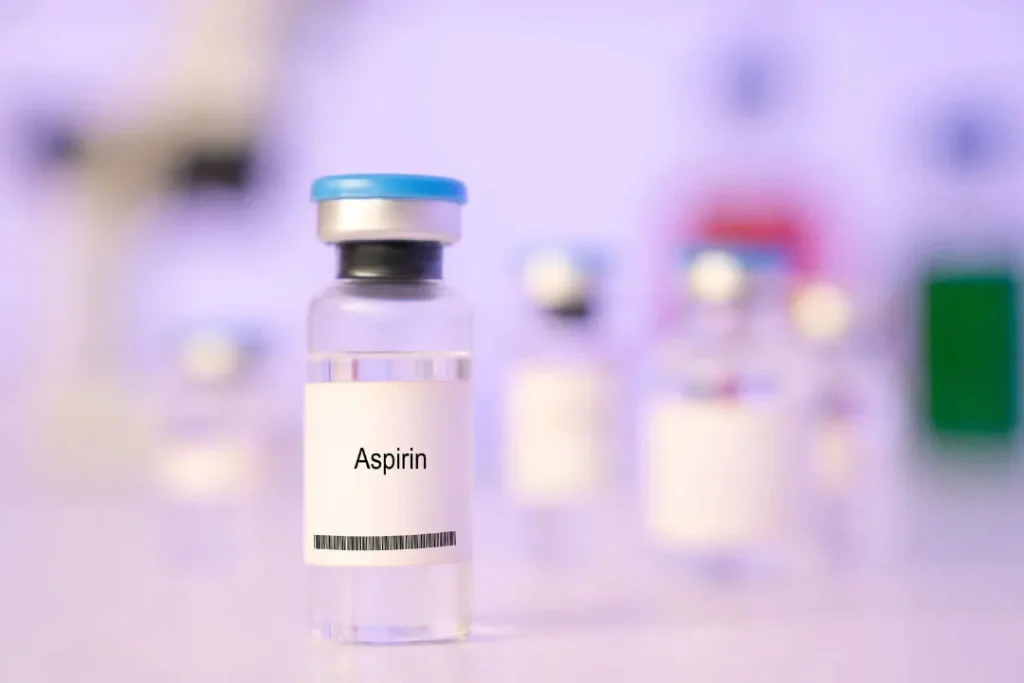Holy Basil (Tulsi): Benefits, Dosage, Side Effects, Drug Interactions, And Other Important Information:
Holy basil, also called Tulsi (Ocimum tenuiflorum), is a sacred herb in Ayurvedic medicine. It has long been used by people as a natural common remedy for colds, coughs and indigestion for decades. However, in recent years, more and more people have become interested in the neuroprotective and nootropic effects of holy basil which can be used to tackle stress and regulate the body’s metabolism. It is also helpful in terms of improving their cognitive function and has an added advantage in enhancing memory as well. This article looks at the chemistry, health benefits, best dosage, side effects, and possible drug interactions of holy basil to give a full guide to using it safely as a nootropic supplement.
You May Also Like:
The Best Natural Stimulants for All-Day
The Best Nootropics for Learning and Memory: 5 Top Brands Reviewed
Holy Basil (Tulsi): Benefits, Dosage, Side Effects, Drug Interactions, And Other Important Information is an original (NootropicsPlanet) article.
Nature of Holy Basil (Tulsi)
Holy basil, also called Ocimum tenuiflorum or Ocimum sanctum, is a perennial herb that is found grown abundantly in the Indian subcontinent and Southeast Asia. The plant can be recognized by its distinctive green or purple leaves, which have a strong, pleasant smell. Holy basil is a sacred plant in Hinduism. It is often grown in home gardens for both religious and medical reasons. Holy Basil comes in two main types, which are:
- Rama Tulsi (Ocimum tenuiflorum): This type has green leaves and a milder taste. Most of it is grown on the Indian subcontinent, and it is the most common kind of basil used for medicinal purposes.
- Krishna Tulsi (Ocimum sanctum): This type has purple leaves and a stronger, more pungent taste. It is mostly grown in Southeast Asia, and it is also used to treat health problems.
Both kinds of holy basil have the same chemicals in them and the same healing effects. But Krishna Tulsi may have a slightly higher concentration of bioactive compounds when compared with Rama Tulsi, which could make it more effective as a medicine.
Achieve Optimal Body and Brain Health with Top Holy Basil Supplements—Explore Now!

Health Benefits of Holy Basil (Tulsi)
A. Improving the mind
Holy basil has been shown to make people smarter in a few different ways. Its antioxidant properties protect neurons from damage caused by oxidative stress while its anti-inflammatory effects help keep brain tissues healthy. Animal studies have also shown that eugenol, ursolic acid, and rosmarinic acid which are the chemicals found in holy basil help animals learn and remember better.
B. Reducing stress and the effects of adaptogens
Holy basil is an adaptogen, which means that it can help the body deal with stress and maintain homeostasis. Scientists have found that adaptogens like holy basil can bring an effect on the hypothalamic-pituitary-adrenal (HPA) axis. HPA is localized in the paraventricular nucleus (PVN) of the hypothalamus which belongs to the principal control and effectors of stress. Holy basil helps to lower the body’s cortisol levels and promotes a healthy response to stress.
C. Neuroprotection
Holy basil’s ability to protect the brain is mostly due to its antioxidant and anti-inflammatory effects. Holy Basil protects brain cells from damage by getting rid of free radicals that can damage the cells and reduce inflammation. This helps the brain work well.
D. Making you feel better
Some studies suggest that Holy Basil might be able to improve your mood. This could be because it has compounds like apigenin that can change how neurotransmitter systems such as the gamma-aminobutyric system (GABAergic system) in the central nervous system (CNS) work.

The Chemistry of Holy Basil (Tulsi)
Holy Basil has a wide range of healing properties because it has many different bioactive compounds. Some of the most important chemicals that can be found in Tulsi are:
- Eugenol: Eugenol is a volatile oil that has been found to be the main active ingredient in Holy Basil which can help in reducing your risk of developing heart or neurodegenerative diseases. Eugenol has strong anti-inflammatory, neuroprotective, and antioxidant properties.
- Ursolic acid: Ursolic acid is a pentacyclic triterpenoid with anti-inflammatory, antioxidant, and anti-cancer properties and had been researched using animal models. It has also been shown that it can make animals smarter and able to remember things better.
- Rosmarinic acid: Rosmarinic acid is a strong antioxidant and anti-inflammatory phenolic compound that can treat a lot of inflammatory conditions like arthritis. It can also protect neurons from oxidative stress and improve memory. Apigenin: Apigenin is a flavonoid that has been shown to protect nerve cells and reduce anxiety. Apigenin is able to affect the neurotransmitter systems which involves the metabolism of gamma-aminobutyric acid (GABA).
Together, these bioactive compounds and many others found in holy basil work together to produce a wide range of therapeutic effects, such as improving memory and protecting nerve cells.

[The article “Holy Basil (Tulsi): Benefits, Dosage, Side Effects, Drug Interactions, And Other Important Information” is originally published in Nootropicsplanet.com]
Physiological Mechanism of Action of Holy Basil (Tulsi)
Most of Holy Basil’s healing properties come from its complex phytochemistry, which includes the bioactive compounds mentioned above such as eugenol, ursolic acid, rosmarinic acid, and apigenin. These chemicals are involved in complex pathways that can physiologically affect the brain and body.
- Antioxidant and free radical scavenger: Holy basil’s bioactive compounds, such as eugenol and rosmarinic acid, have strong antioxidant properties that neutralize free radicals and reduce oxidative stress. This helps keep neuronal cells from getting damaged and keeps brain tissues from breaking down. This is good for the health and function of the brain as a whole.
- Anti-inflammatory Effects: Holy basil’s anti-inflammatory effects are mostly due to compounds like ursolic acid and eugenol, which stop the production of pro-inflammatory cytokines and change the activity of key enzymes in the inflammatory pathway. This helps reduce inflammation in the brain, which protects neurons and helps the brain work at its best.
Best Holy Basil Supplements for Boosting Mind and Body Resilience—Find Your Perfect Match!

- Neurotransmitter Modulation: Some of the bioactive compounds in holy basil, like apigenin, may change how neurotransmitter systems such as the GABAergic system, work. Holy Basil may help regulate mood, reduce anxiety, and improve cognitive function as a whole by maintaining the homeostasis of neurotransmitters.
- Stress Response Modulation: As an adaptogen, holy basil brings a positive effect on the body’s stress control by changing the HPA axis. It may help promote a healthy response to stress by lowering cortisol levels and controlling the release of stress hormones which in turn may lead to better cognitive function and overall mental health.
- Neurogenesis and the Changeability of Synapses: Researchers think that holy basil may help to make new neurons and improve synaptic plasticity. Synaptic plasticity is linked to the ability of synapses to get stronger or weaker over time. These processes are important for learning, remembering, and the way the brain works as a whole.
Overall, the way holy basil affects the body is complex and interconnected. These include antioxidant and anti-inflammatory effects, changes in neurotransmitters, control in stress response, and boosting neurogenesis and synaptic plasticity. These systems work together to improve cognitive function, protect neuronal cells, and improve the health of the brain as a whole.

Optimal Dosage of Holy Basil (Tulsi)
It’s hard to figure out the best amount of holy basil to take for brain health because different studies have used different amounts and forms of the herb. But based on the research that has been done so far, most people should take 300 to 600 mg of a standardized holy basil extract with at least 2% ursolic acid every day. It’s important to remember that different people may react differently to Holy Basil, and the dose may need to be changed based on your own experience and the effects that you are looking for.
Holy Basil (Tulsi): Benefits, Dosage, Side Effects, Drug Interactions, And Other Important Information is the (NootropicsPlanet) report.
Top Holy Basil Supplements for Mental Clarity and Physical Vitality—Shop Now!

Side Effects of Holy Basil (Tulsi)
Holy basil is generally thought to be safe when taken in the amounts recommended. However, a few side effects have been reported, some people might have mild stomach problems such as nausea or diarrhea. These side effects are mostly temporary and will resolve on their own as time goes on. It is recommended to talk to your healthcare providers if you have any underlying medical condition or are taking any prescription drugs.

Potential Substance Interactions with Holy Basil (Tulsi)
Although holy basil is generally regarded as harmless, the following possible drug interactions should be taken into account:
1. Anticoagulants and antiplatelet drugs: Taking holy basil with anticoagulants or antiplatelet drugs like warfarin, heparin, or aspirin may increase the risk of bleeding. Before using Holy Basil, anyone who is taking these medications should speak with their doctor.
2. Hypoglycemic drugs: Holy basil can potentially improve the effects of hypoglycemic treatments like insulin or oral diabetic medications by lowering blood sugar levels. Before consuming Holy Basil, people with diabetes or those taking blood sugar-controlling drugs should keep a close eye on their levels and speak with a healthcare professional.
3. Sedatives and anxiolytics: While Holy basil may have sedative and anxiolytic properties, it may also increase the effects of other sedative and anxiolytic drugs like benzodiazepines or barbiturates. It is critical to use holy basil with caution if you are taking other drugs that have sedative or anxiolytic properties.
4. Substrates for cytochrome P450: Holy basil may interact with medicines that are broken down by the cytochrome P450 enzyme system. They may change the efficacy of these medicines. If you are taking drugs that are processed by this enzyme system, talk to your doctor.

Responsible Use of Holy Basil (Tulsi) as a Nootropic Supplement
The following actions are advised to ensure the best ethical use of holy basil as a relaxing and nootropic supplement:
- Before starting a supplement regimen, speak with a healthcare provider, especially if you have a pre-existing condition or you’re using prescription medication.
- Choose a holy basil extract with a known concentration of active ingredients, such as ursolic acid, that is of high quality and standardization.
- Begin with the prescribed dosage of 300 to 600 mg per day, and then modify the dosage in accordance with the patient’s response and the desired outcomes.
- Use with caution and be aware of possible drug interactions while taking holy basil with other prescription drugs or dietary supplements.
- Keep an eye out for side effects and stop using the medication at once if you notice any side effects.
Holy Basil (Tulsi):
Conclusion
Holy Basil (Tulsi) originates from a perennial herb that has numerous healing properties, especially in reducing stress, promoting healthy blood glucose and bringing a positive impact on memory and cognition. These properties are attributed to the bioactivity of the chemical compound found in holy basil, which has strong anti-inflammatory, antioxidant and anti-oncolytic properties.
In terms of stress-reducing, this ingredient is able to lower the body’s cortisol levels and benefits the neuroendocrine system. It is advised that you seek consultations from your healthcare providers to understand the appropriate way to include holy basil into your daily diet as potential side effects are likely to happen when taken with the wrong combination. You should also source holy basil only from quality and reputable sources to ensure that the supplements do no harm but good to your body.
Essential Holy Basil for Mental and Physical Balance—Discover the Best Supplements!

References:
- Antioxidant, anti-inflammatory, and neuroprotective properties of Holy Basil: https://www.ncbi.nlm.nih.gov/pmc/articles/PMC4296439/
- Ursolic acid and its cognitive-enhancing effects: https://www.sciencedirect.com/science/article/pii/S0014299905006230
- Rosmarinic acid and its effects on memory: https://www.sciencedirect.com/science/article/pii/S0091305711000774
- Apigenin and its anxiolytic properties: https://www.sciencedirect.com/science/article/pii/S0028390814000034
- Holy Basil as an adaptogen and its effects on stress: https://www.liebertpub.com/doi/abs/10.1089/acm.2009.0276
- Holy Basil’s effects on mood: https://www.sciencedirect.com/science/article/pii/S0378874105006230
Important Note: The information contained in this article (Holy Basil (Tulsi): Benefits, Dosage, Side Effects, Drug Interactions, And Other Important Information)is for general informational purposes only, and should not be construed as health or medical advice, nor is it intended to diagnose, prevent, treat, or cure any disease or health condition. Before embarking on any diet, fitness regimen, or program of nutritional supplementation, it is advisable to consult your healthcare professional in order to determine its safety and probable efficacy in terms of your individual state of health.
Regarding Nutritional Supplements Or Other Non-Prescription Health Products: If any nutritional supplements or other non-prescription health products are mentioned in the foregoing article, any claims or statements made about them have not been evaluated by the U.S. Food and Drug Administration, and such nutritional supplements or other health products are not intended to diagnose, treat, cure, or prevent any disease.


